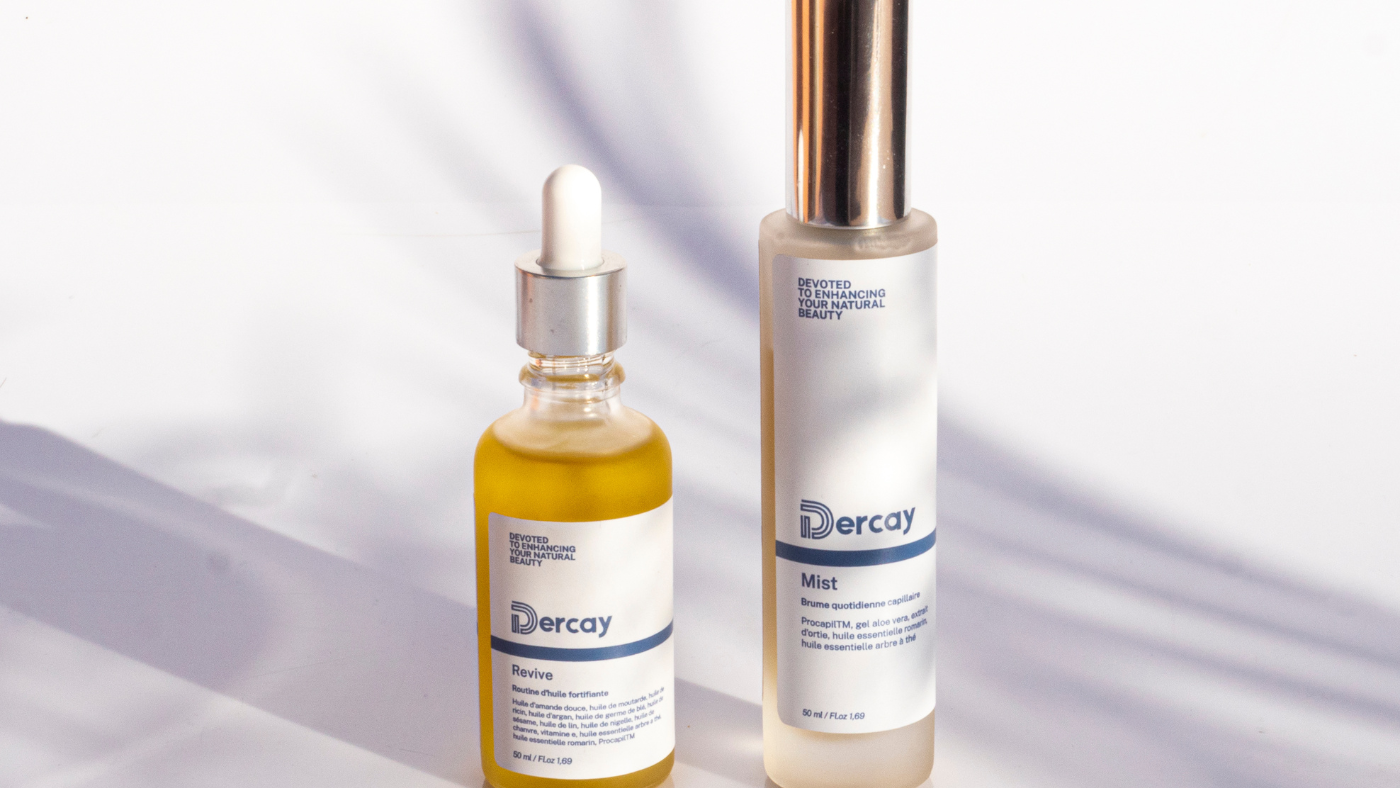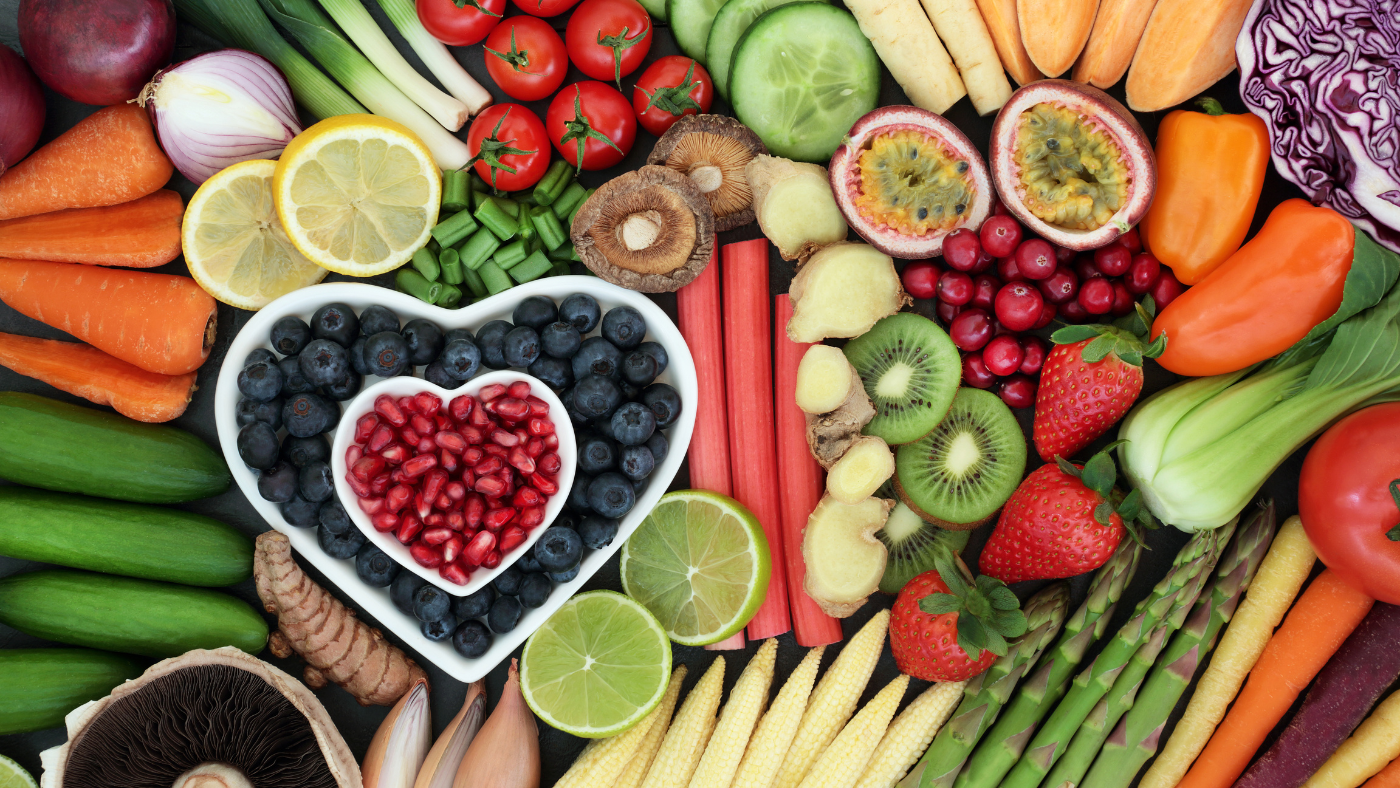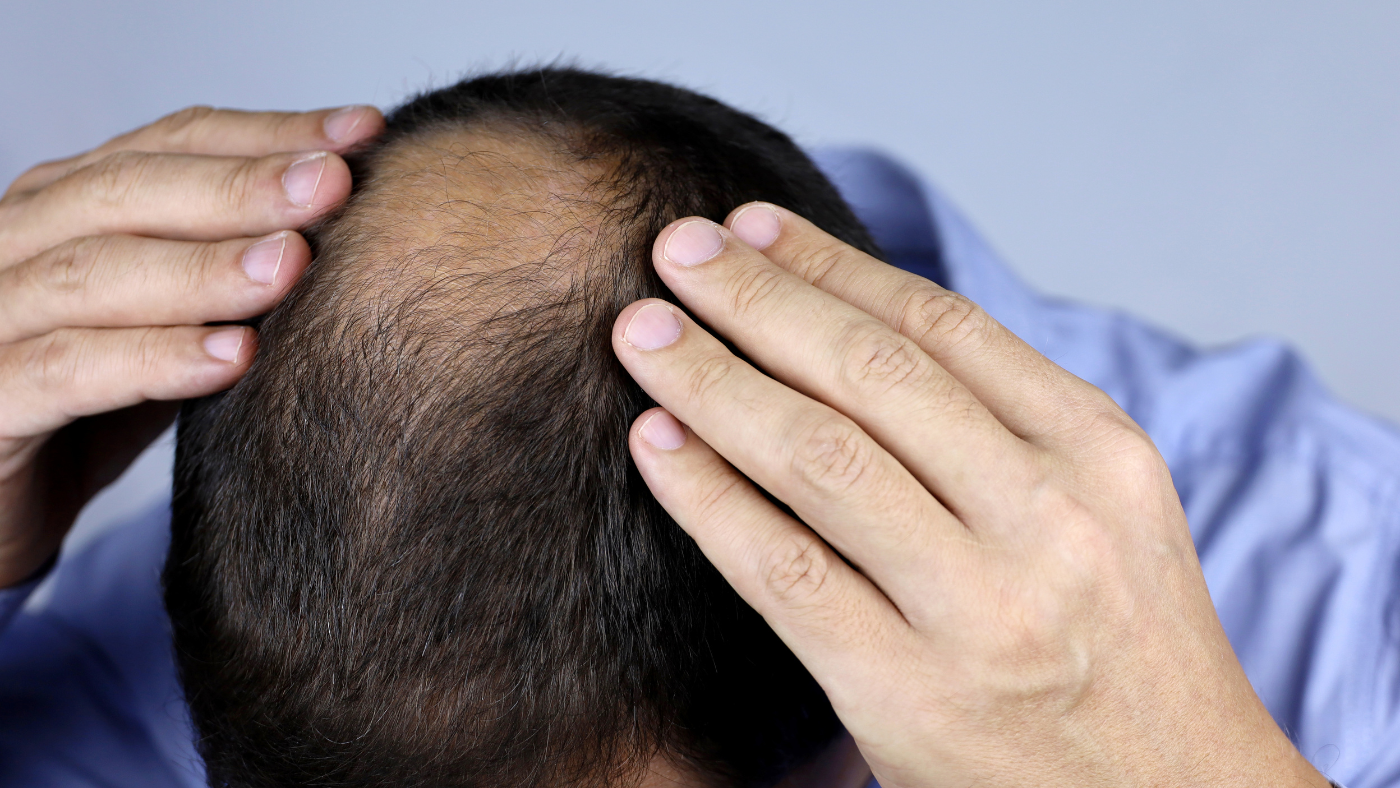Publications

Publications
Hair Products to Avoid: 7 Toxic Ingredients
on Mar 18, 2024
The 7 families of toxic ingredients to ban from your hair care
Our shampoos, conditioners and masks often contain controversial ingredients, singled out for their harmful effects on the health of the hair and scalp. Endocrine disruptors, irritating substances, allergens... The composition of certain popular hair care products would make more than one expert shudder!
In this article, we will reveal to you the list of 7 families of toxic ingredients to urgently ban from your bathroom:
Aggressive sulfates
These foaming agents like the famous SLS or sodium lauryl sulfate are used in around 90% of classic shampoos for their detergent and degreasing properties. Problem: they attack the scalp, suffocate the lengths and make them dull by altering the keratins.
They are easily identifiable thanks to their foaming power which appears to effectively clean the hair but in fact strips the protective hydrolipidic film. Also avoid SLES, their milder version.
Suffocating silicones
Behind their interesting cosmetic effects (shine, softness), silicones like the famous dimethicone ultimately form a suffocating layer on the hair, which blocks the action of the treatments. They accumulate over applications, requiring frequent washing with detergent shampoo and thus weakening the hair fiber.
Disruptive parabens
Widely used as preservatives in cosmetic products, these parabenzoic acid derivatives (Propylparaben; Methylparaben, etc.) are endocrine disruptors suspected of promoting the appearance of cancers, particularly hormone-dependent ones such as breast cancer. Their toxicity is proven in case of prolonged use or in high doses.
Drying alcohol
We know: a small dose of alcohol in a treatment provides speed and effectiveness in the penetration of active ingredients. But in high and repeated doses, alcohol has a major drying effect on hair keratin. However, many hair products contain excessive levels (up to 70%), be careful!
PEG and derivatives
Behind this acronym hide molecules from the polyethylene glycol family, used for their solubilizing power but unfortunately also irritants and allergens. Ethylene glycol, PEG-40, oleth-5... Spot these code names on the labels!
Carcinogenic formaldehydes
Banned in the EU due to their proven toxicity, these straightening agents and preservatives are unfortunately still used outside the European Union. Their chemical formula releases formaldehyde, classified as carcinogenic since 2004.
This list alone should already allow you to sort through your medicine cabinet and quickly identify hair products that are at risk for your health!
Discover our range of natural hair care products, free from controversial ingredients, for healthy, radiant hair.

Publications
Hair Health: Key Dietary Rebalancing
on Mar 18, 2024
Understanding the link between dietary rebalancing and hair health
To achieve thick and healthy hair, it is not enough to use external products. But, a balanced diet plays an important role in the health and vitality of your hair. If your mane is looking a little dull, it might be time to take another look! Dietary rebalancing is not limited to filling your belly; it can also do wonders for your hair. Let's take a look at how what you eat can impact the health of your hair.
Foods May Contribute to Thinning Hair
Certain foods, like processed foods high in unhealthy fats, can harm the health of your hair. These foods can cause inflammation in the body, disrupt the hair growth cycle and potentially lead to thinning hair. Opt for whole, nutrient -rich foods to fuel your body and promote vibrant, strong hair.
Develop a balanced diet for optimal hair health
A diet rich in protein, vitamins, minerals and healthy fats is essential to promote healthy hair growth. Include foods like salmon, nuts, leafy green vegetables, and berries in your meals to
provide your hair with the nutrients it needs to shine.
Tips for Maintaining Nutritional Balance for Healthy Hair
Achieving nutritional balance doesn't need to be complicated. Focus on eating a variety of whole foods, staying hydrated, and minimizing the consumption of processed and sugary snacks to keep your hair in tip-top shape. Consider consulting a healthcare professional or nutritionist to personalize your regimen based on your specific hair needs and goals. So treat your hair with the care and attention it deserves. Harness the power of nutrition to improve the health of your hair and sport your mane with complete confidence.
Prioritizing nutritional balance is essential to promoting hair health from the inside out, as every food choice directly impacts the health of your hair. Like all other aspects of our health, hair growth is inextricably linked to other lifestyle factors. You can't change your genes, but you can eat a healthy diet, exercise regularly, stay hydrated, and take the steps you need to have beautiful hair.
To maximize the benefits of your efforts, don't forget to integrate quality hair products (Discover our products) into your care routine.

Publications
on Mar 13, 2024
Understand the influence of genetic roots on the hair conundrum.
Hair is a key symbol of our identity and our style, can sometimes leave us perplexed. Hair loss, whether gradual or sudden, can be a source of concern for many of us. Although many reasons can explain this phenomenon, one of the most profound and unknown is the genetic cause.
Research has established that hair loss, including baldness, is the result of a complex combination of different genetic and environmental factors.
Delve into the depths of hair genetics to demystify the underlying mechanisms that govern the health of our follicles and the implications of heredity in this process?
Genetics and hair loss: understanding the scientific foundations:
Most people associate hair loss with external factors such as pollution, stress, poor diet and chemicals. However, genetics plays a crucial role in this process. Studies have shown that some people are predisposed to hair loss due to their genetic makeup and have identified specific genes, such as the AR (androgen receptor) gene, which influences the regulation of hair growth and which can be passed down from hereditary manner.
Researchers at the University of Bonn in Germany conducted a study published in the journal Nature Genetics, showing that specific genetic variations on chromosome 20 are strongly associated with male pattern baldness. This discovery confirms the important role of genetics in the predisposition to hair loss.
Hair heredity: how genes are transmitted:
Hair loss can be inherited in various ways (maternal or paternal side), this hair heredity can be passed down with different patterns of hair loss can come from grandparents, uncles and aunts. Our parents can often be the first indicators of the hair future. Understand, your family's hair history can provide clues about the health of your scalp and hair follicles. While genes may play a role in this process, it is important to consider other factors such as lifestyle, diet and hair care that can also have a significant effect on hair health.
By understanding the connection between genetics and hair loss, you are better equipped to care for your hair and anticipate potential challenges. Whether your genes predispose you to hair loss or not, nourishing your hair from the inside out is essential to maintaining its health and vitality.
Don't wait until hair loss becomes a major problem. Discover now the products and advice adapted to your hair type and your genetic heritage to take care of your hair like never before. Take control today and let your hair reveal its full glory! (Discover our pack)

